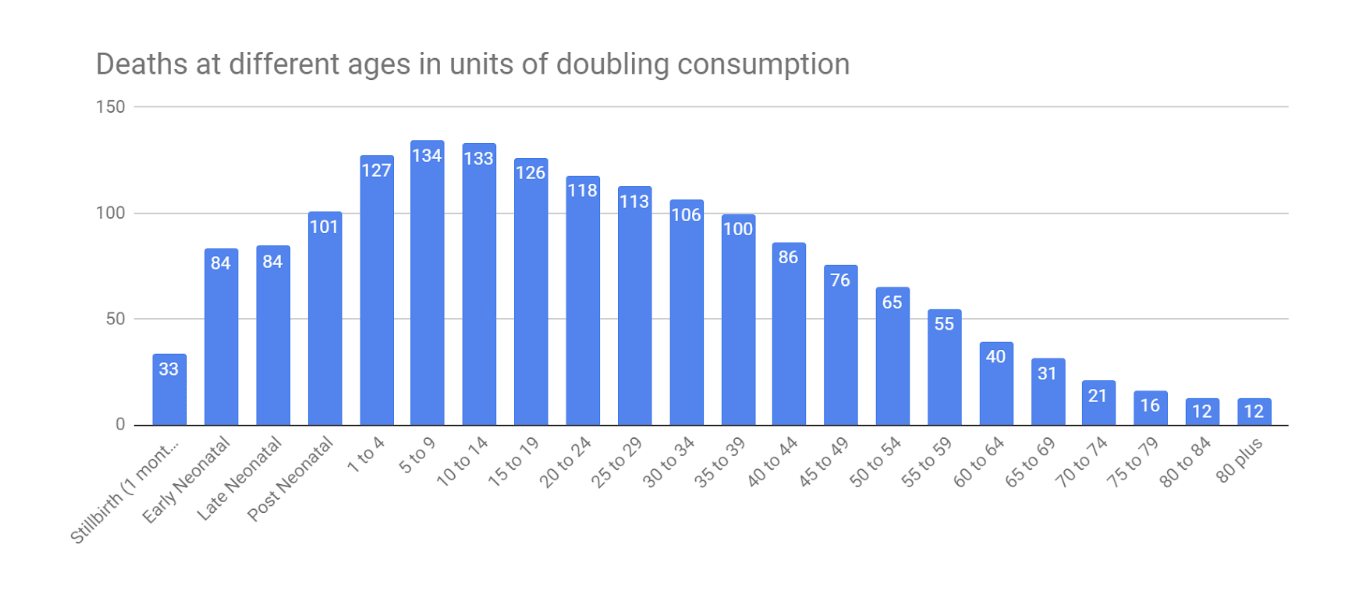I was interviewed in yesterday’s 80,000 hours podcast: Dean Spears on why babies are born small in Uttar Pradesh, and how to save their lives. As I say in the podcast, there’s good evidence that this is a cost-effective way to save lives. Many peer-reviewed articles show that Kangaroo Mother Care is effective. The 80k link has many further links to the articles and data behind the podcast. You can see GiveWell’s write up of their support for our project at this link.
This partnership with a large government medical college is able to reach many babies. And with more funding, we could achieve more. Anyone can support this project by donating, at riceinstitute.org, to a 501(c)3 public charity.
If you have any questions, please feel free to ask below!


Hi Dean!
Of the two components of KMC, breastfeeding assistance seems to me much more bottlenecked by nurses than skin to skin contact. That is, while breastfeeding assistance might need a nurse to provide bespoke information to each mother in the moment, skin-to-skin contact seems less individually specific and an easier piece of advice to share impersonally and by non-experts.
Two questions about this:
Thanks a lot for the detailed response Dean! The details on the motivational help that nurses provide make it clear that there's much less of an arbitrage opportunity/free lunch than I'd hoped (as is often the case with mere info).
Thanks again for all the great work (including on OD, I learned a lot from where India goes)!